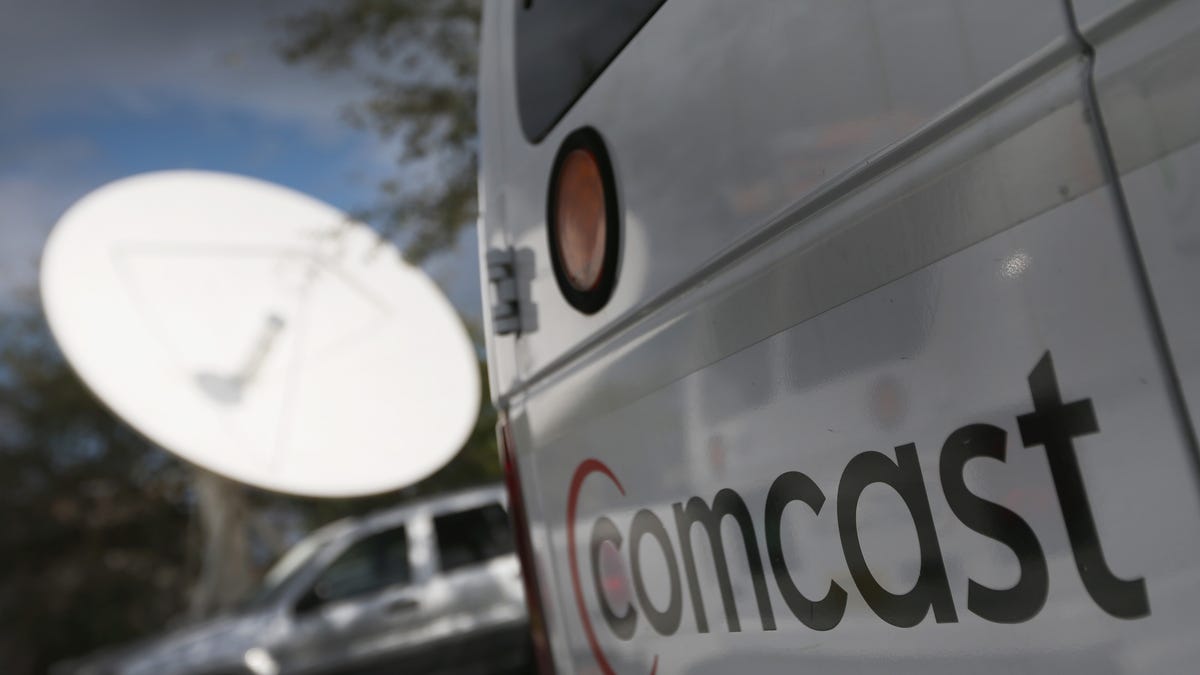Uncle Sam must intercede in Comcast-Time Warner Cable deal
If the US government allows this acquisition to go through, it has to make the deal conditional on a spin-off of the content business.

commentary Comcast proposes to take over Time Warner Cable in a $45 billion deal. It claims the merger would benefit consumers. Nonsense!
One perspective on this is the distinction between conduit and content. Verizon's optical fiber or Comcast's coaxial cable is the conduit over which video, Internet, and telephone services are carried to our homes. The television programs we watch are the video content.
At the local level, there is conduit competition between the cable company (Comcast or Time Warner Cable) and the telephone company (Verizon or AT&T). But there's no competition between Comcast and Time Warner Cable or between Verizon and AT&T. These supersize firms have carved up the United States, with each sharing the provision of the conduit with the other -- what is called a duopoly. Government believes duopoly is better than monopoly.
The problem is that the cable companies own content -- the telephone companies do not. Comcast, for instance, owns NBC, Universal Pictures, and cable networks. An acquisition of Time Warner Cable by Comcast would create a gigantic content business with incredible control over content pricing, packaging, and programming. And this supercontent is what the telephone companies would be forced to purchase to resell to their customers.
Decades ago the cable television companies were allowed to own both the cable conduit and also content providers. Government allowed this as an incentive to the fledgling cable companies. But today cable companies are far from fledgling, and past polices need to be revisited in light of today's realities.
Another perspective on this is the use of the Internet to go directly to video content providers, thereby bypassing the video provided by the cable company. This is a threat to the lucrative video business of the cable company. One way to counter this threat is to own as many content providers as possible and stipulate and control access to the content. This proposed acquisition would create a supersize content provider with tremendous market domination and control.
Monopoly might be evil and duopoly a little better. But the combination of conduit and content on the scale of this proposed acquisition would truly be evil squared. Decades ago, movie theaters (the conduit) and movie producers (the content) had to be separated and broken apart. It is time again for government to separate conduit from content and break up the power of the cable companies. If government allows this acquisition, as a condition the content business must be spun off.
Correction, 8:55 a.m. PT: The original version of this story misstated the content holdings of Time Warner Cable. The company owns locally oriented TV channels in several states and is no longer affiliated with former parent company Time Warner, which owns CNN, HBO, and Warner Bros.